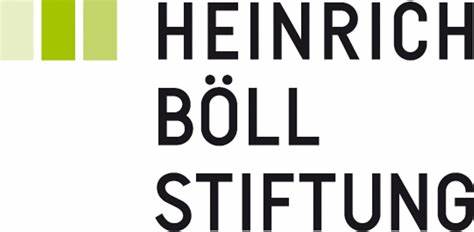University of Oxford
11a Mansfield Rd
OX1 3SZ
UK
Shrimp farming sustainability in Viet Nam’s Mekong River Delta
Researchers: Alena Goebel, E. J. Milner-Gulland, Joseph Poore, Patrik Henriksson (Stockholm), Henry Travers
Collaborators: Can Tho University, Stockholm Resilience Centre (Stockholm University)
Research Overview:
The global food system is a significant cause of both climate change and biodiversity loss. As the world’s population grows and becomes more affluent, demand for food items, particularly meat, fish, eggs, and dairy, is increasing. The increasing demand for blue foods (foods from aquatic environments) has led to a remarkable growth of the aquaculture sector, increasing from 21.8 million tonnes in the 1990s to 87.5 million tonnes today globally (FAO, 2022). It has hence filled the gap created by stagnating yields from capture fisheries. However, the growth of the sector requires us to investigate its environmental impact and explore interventions that can make it more sustainable, both locally and globally.
Outline of research:
This study aims to find ways to reduce the environmental impact of shrimp farming in Viet Nam, where production has more than doubled in the past decade (ibid.) and faces allegations of negative environmental and social impacts (Lan 2013). The project will review the Life Cycle Assessment (LCA) literature on global shrimp farming, collect primary data from shrimp farms in southern Viet Nam, analyse environmental as well as socio-economic trends and use social science methods to understand farmer attitudes towards sustainability and decision-making factors. The research then examines the significance of these results for both the Vietnamese shrimp farming sector and aquaculture more broadly, considering possible contributions of farmers, policymakers, researchers, and practitioners to a more sustainable sector. It is part of the HESTIA project.
Objectives:
The project aims to determine the most and least sustainable shrimp farming methods, understand shrimp farmer decision making factors and develop incentives for farmers to adopt more sustainable farming methods while maintaining their livelihoods.
Summary of planned activities:
- LCA and socio-economic data collection in Viet Nam
- Evaluation of impacts, socio-economic role and trends since 2011
- Qualitative data collection regarding farmer decision making factors
- Formulation of incentives for farmers to adopt more sustainable farming techniques
Project overview
Researchers




Funders



